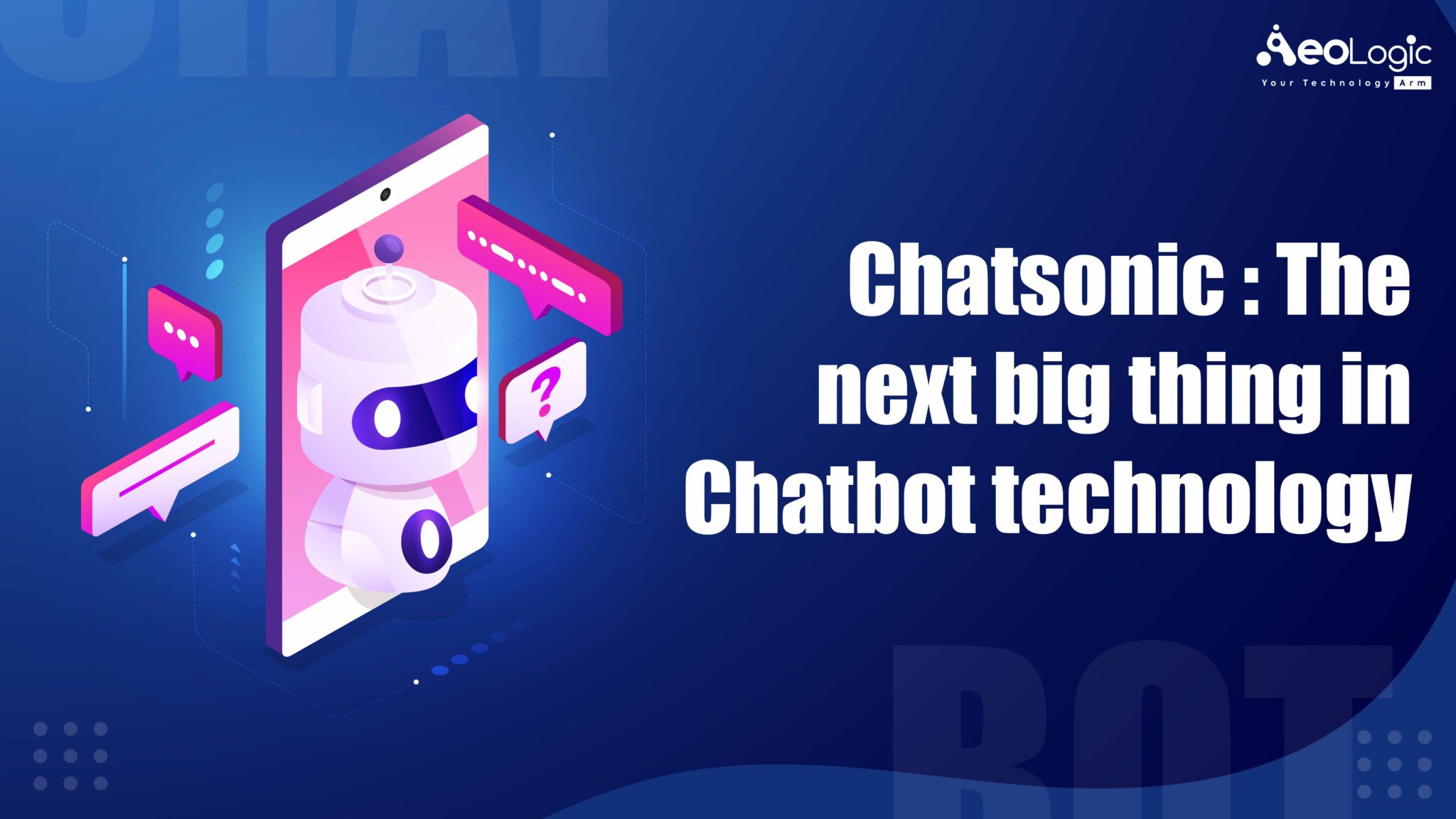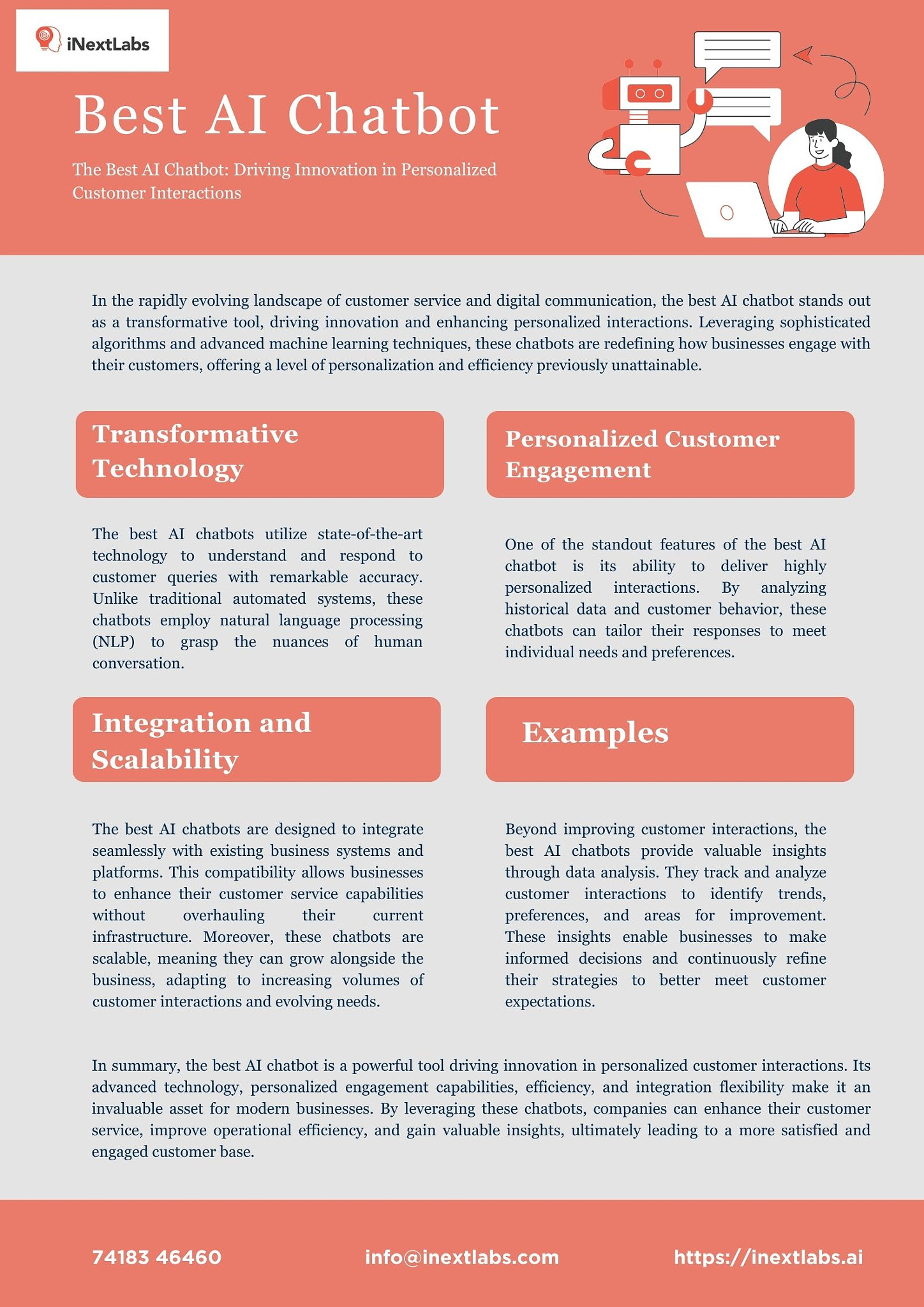Never Altering Virtual Assistant Will Eventually Destroy You
페이지 정보

본문
 And a key thought in the development of ChatGPT was to have another step after "passively reading" issues like the web: to have precise humans actively interact with ChatGPT, see what it produces, and in impact give it feedback on "how to be a great chatbot". It’s a fairly typical kind of factor to see in a "precise" scenario like this with a neural net (or with machine learning typically). Instead of asking broad queries like "Tell me about history," attempt narrowing down your question by specifying a particular era or occasion you’re taken with learning about. But try to provide it rules for an actual "deep" computation that entails many potentially computationally irreducible steps and it simply won’t work. But if we'd like about n words of coaching data to set up those weights, then from what we’ve stated above we will conclude that we’ll want about n2 computational steps to do the coaching of the network-which is why, with present methods, one finally ends up needing to discuss billion-dollar coaching efforts. But in English it’s way more realistic to have the ability to "guess" what’s grammatically going to fit on the premise of native decisions of phrases and different hints.
And a key thought in the development of ChatGPT was to have another step after "passively reading" issues like the web: to have precise humans actively interact with ChatGPT, see what it produces, and in impact give it feedback on "how to be a great chatbot". It’s a fairly typical kind of factor to see in a "precise" scenario like this with a neural net (or with machine learning typically). Instead of asking broad queries like "Tell me about history," attempt narrowing down your question by specifying a particular era or occasion you’re taken with learning about. But try to provide it rules for an actual "deep" computation that entails many potentially computationally irreducible steps and it simply won’t work. But if we'd like about n words of coaching data to set up those weights, then from what we’ve stated above we will conclude that we’ll want about n2 computational steps to do the coaching of the network-which is why, with present methods, one finally ends up needing to discuss billion-dollar coaching efforts. But in English it’s way more realistic to have the ability to "guess" what’s grammatically going to fit on the premise of native decisions of phrases and different hints.

Instead, with Articoolo, you can create new articles, rewrite previous articles, generate titles, summarize articles, and discover pictures and quotes to assist your articles. It could "integrate" it only if it’s basically riding in a fairly simple manner on high of the framework it already has. And certainly, very like for humans, in case you tell it something bizarre and unexpected that fully doesn’t fit into the framework it knows, it doesn’t seem like it’ll successfully be able to "integrate" this. So what’s occurring in a case like this? Part of what’s occurring is no doubt a reflection of the ubiquitous phenomenon (that first became evident in the instance of rule 30) that computational processes can in impact enormously amplify the apparent complexity of systems even when their underlying guidelines are simple. It can come in handy when the person doesn’t wish to sort within the message and may now as a substitute dictate it. Portal pages like Google or Yahoo are examples of widespread person interfaces. From buyer help to virtual assistants, this conversational AI mannequin can be utilized in various industries to streamline communication and improve user experiences.
The success of ChatGPT is, I feel, giving us evidence of a elementary and vital piece of science: it’s suggesting that we are able to count on there to be main new "laws of language"-and effectively "laws of thought"-out there to discover. But now with ChatGPT we’ve received an important new piece of data: we know that a pure, synthetic neural network with about as many connections as brains have neurons is capable of doing a surprisingly good job of producing human language. There’s actually something relatively human-like about it: that not less than once it’s had all that pre-coaching you may tell it one thing just as soon as and it could "remember it"-at the least "long enough" to generate a chunk of text using it. Improved Efficiency: AI can automate tedious tasks, freeing up your time to concentrate on high-level creative work and strategy. So how does this work? But as quickly as there are combinatorial numbers of possibilities, no such "table-lookup-style" method will work. Virgos can study to soften their critiques and find more constructive ways to supply feedback, while Leos can work on tempering their ego and being more receptive to Virgos' sensible options.
When you have any queries relating to in which and how you can work with chatbot technology, you possibly can e-mail us on our own internet site.
- 이전글Eight Methods Of Virtual Assistant That may Drive You Bankrupt - Quick! 24.12.11
- 다음글Become An Online Assistant To Earn Money Online 24.12.11
댓글목록
등록된 댓글이 없습니다.

